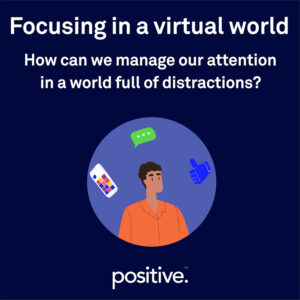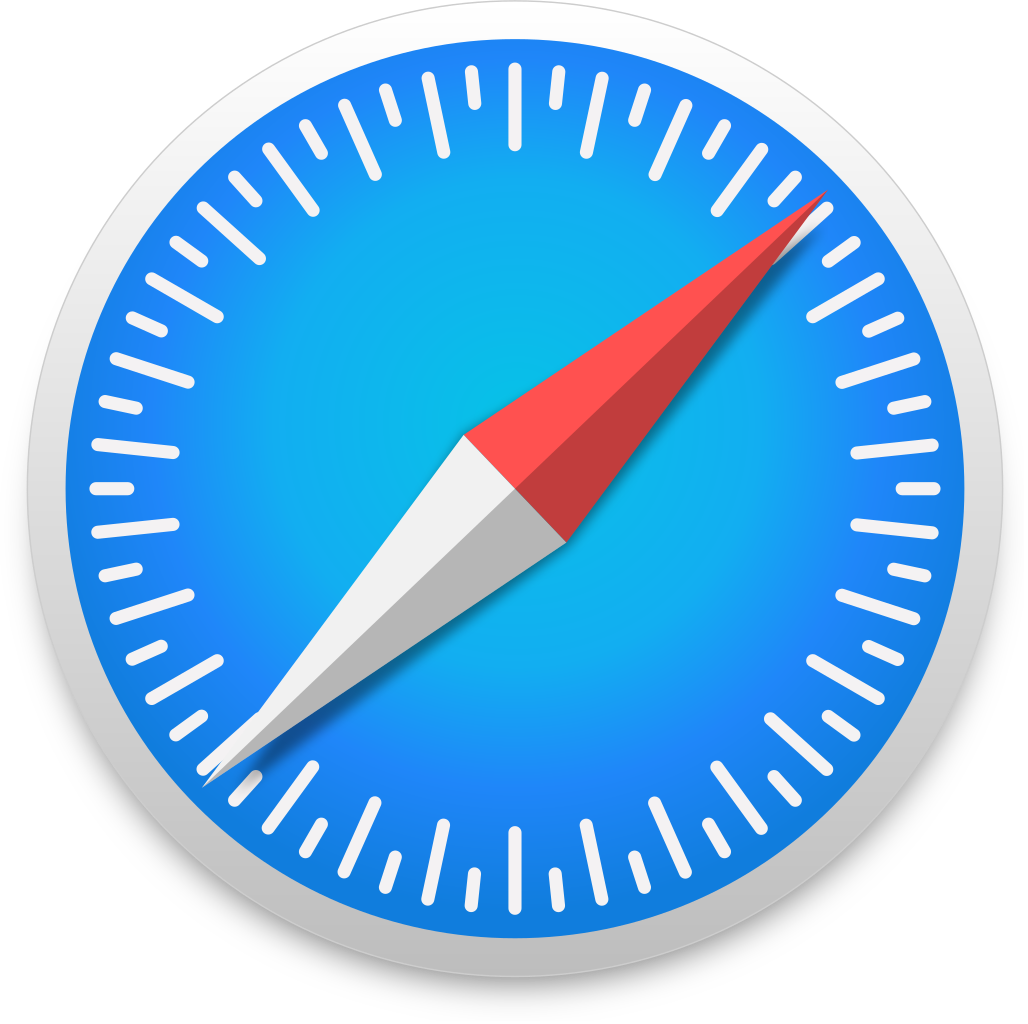In 2013, Stanford University economist Nick Bloom published the results of a 9 month working from home randomised control trial conducted in a Chinese travel agency. He found that working from home led to a 13% performance increase, a halving of the attrition rate and improved work satisfaction. Thanks to Covid-19, we are now 7 months into the world’s largest ever natural experiment in home working, with the Office of National Statistics estimating that the numbers have risen from 5% of the population in 2019, to 46.6% by April 2020, and an increasing number of firms announcing plans to make remote work permanent. However, preliminary empirical and anecdotal evidence indicates that:
- Half of workers feel that their productivity has decreased during lockdown; and
- Employees are working longer days.
Our Covid-19 insights, which reported that 45% of workers feel distracted and unable to concentrate several days a week, corroborate this. The half-term report shows us that our first attempt at working from home has not been that productive, so how do individuals, teams and organisations access the health and performance gains noted by Bloom and his team?
In this webinar, we will be looking at the science of attention to see how it can help us stay focused in a virtual world. We will discuss the evolutionary advantages of distractibility, how idleness can help us to manage our thoughts and solve complex problems, how we can effectively recharge when we're surrounded by stimulation, and how our expectations play a role in shaping our focus.
The Hosts

Will Marien
Co-Founder and Chief Executive Officer
Will is passionate about workplace mental health and performance, and specialises in organisational behaviour change. He’s spent the last 10 years working across multiple sectors, transforming behaviours and culture in SMEs, corporates, schools and universities.








